The Hudson Valley has a long history of agriculture, with small-scale farms playing a vital role in the region’s economy and culture. However, in recent decades, many of these farms have struggled to compete with larger industrial operations. But now, a new generation of farmers is returning to the land, bringing innovative new approaches to growing food.
Small-Scale Farming in the Hudson Valley: A Revitalization Powered by Farm Tourism – by Maxwell Alexander, EIC, Hudson Valley Style Magazine
One of the key drivers of this resurgence is the growing demand for local, sustainable food and farm tourism. Consumers are increasingly looking for produce that is grown close to home, and that is produced without the use of harmful chemicals or genetically modified organisms (GMOs). Small-scale farmers in the Hudson Valley are well-positioned to meet this demand, as they can offer a wide variety of high-quality, nutrient-dense fruits and vegetables, along with meats, dairy, and eggs.
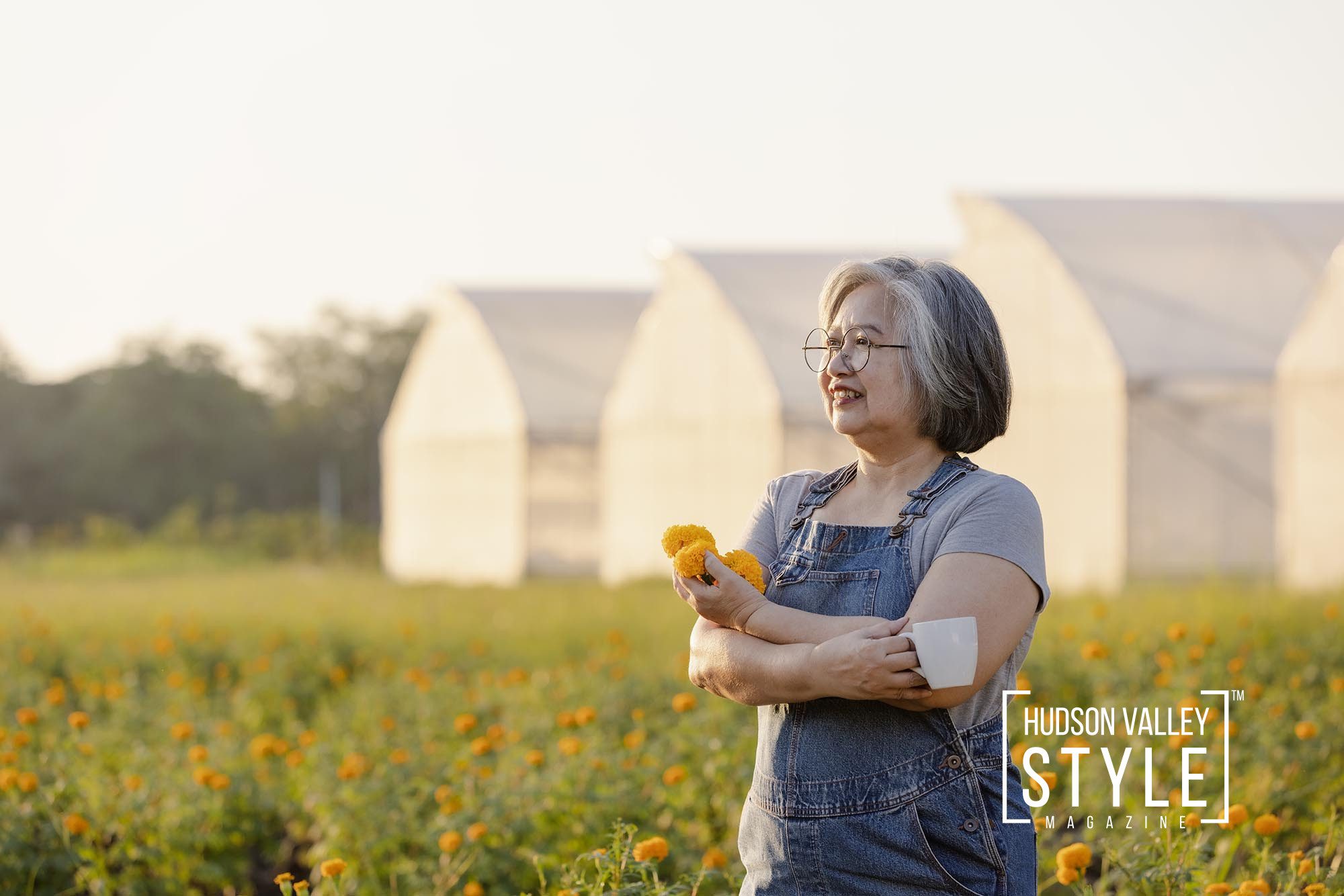
Farm tourism is becoming increasingly popular in the Hudson Valley, as more and more people are looking for unique and authentic experiences that connect them with the land and the people who grow their food. Small-scale farms in the Hudson Valley offer a wide variety of activities and experiences for visitors, from apple picking and berry picking to visiting with farm animals like llamas, sheep, and alpacas. These activities are not just a way for visitors to experience the beauty of the Hudson Valley, but also a way for them to learn about sustainable farming practices and to connect with local farmers.
Farm tourism in the Hudson Valley also includes visiting wineries, distilleries, and other farm-to-table experiences. Many small-scale farms in the Hudson Valley have started to diversify their offerings to include on-site wineries, distilleries, and tasting rooms. These farm-based tasting rooms allow visitors to sample locally produced wines, ciders, and spirits while also learning about the farming practices that go into making them.
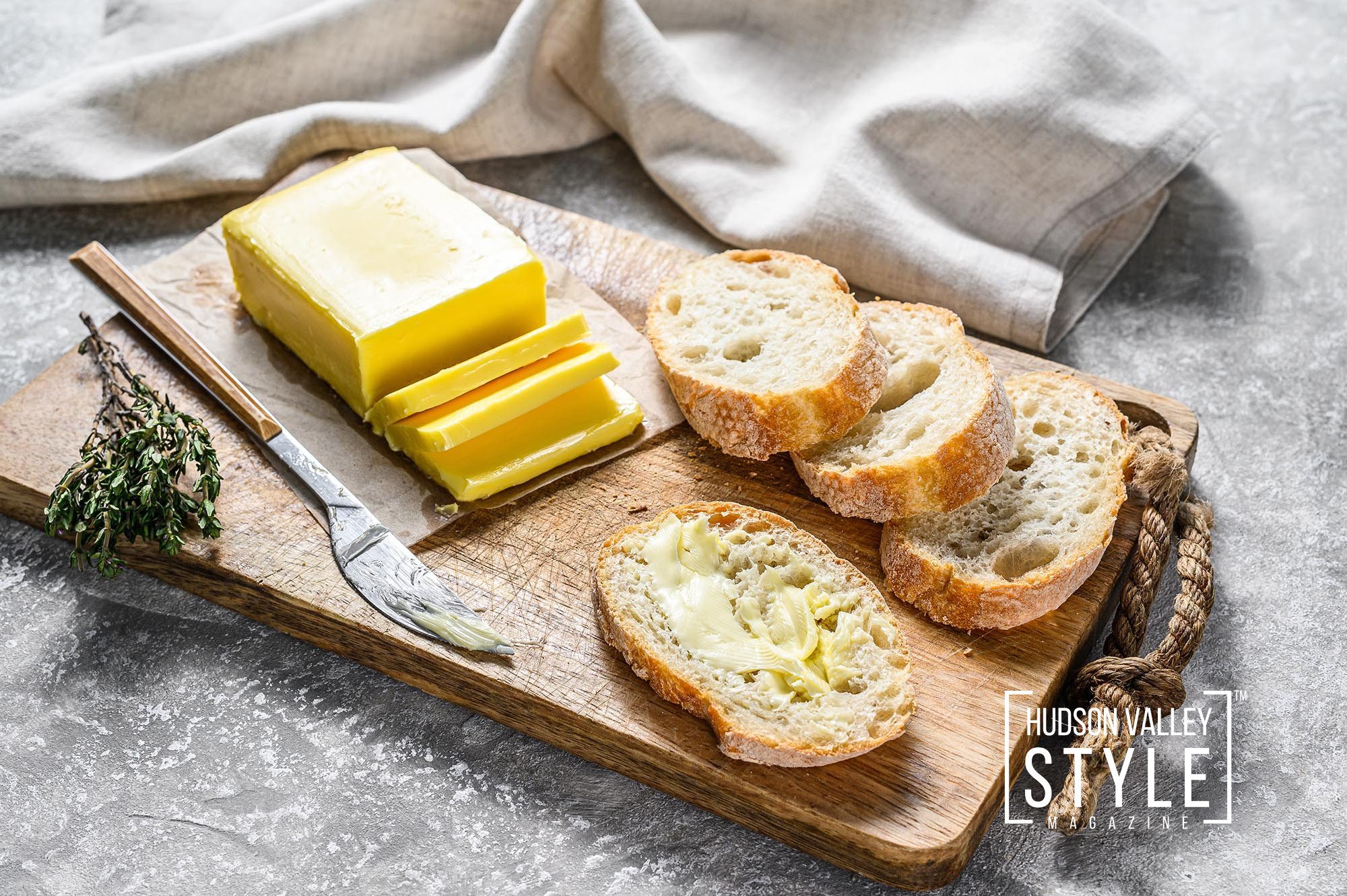
Farm tourism in the Hudson Valley is also an economic driver for the region, providing opportunities for farmers to diversify their income streams and create jobs. By opening their farms to visitors, farmers are able to connect with the community and educate the public about their work. This not only provides an additional source of income for the farmers but also helps to preserve the region’s agricultural heritage and promote sustainable farming practices.
Farm tourism in the Hudson Valley also provides a great opportunity for visitors to take pictures with llamas, alpacas, or other farm animals, which is a great way to connect with nature and learn about different species. Visitors can also experience fresh apple picking, and learn about the different apple varieties and how to select the perfect apple for eating or for making apple pies. All of these activities generate significant user-generated marketing for small-scale farmers in the area and drive demand for all related products and services. Social media platforms and lifestyle editorials are filled with trendy farming-related content that promotes small-scale farming directly and indirectly and in return brings even more visitors and customers to the area while boosting demand for unique accommodations on platforms like Airbnb.
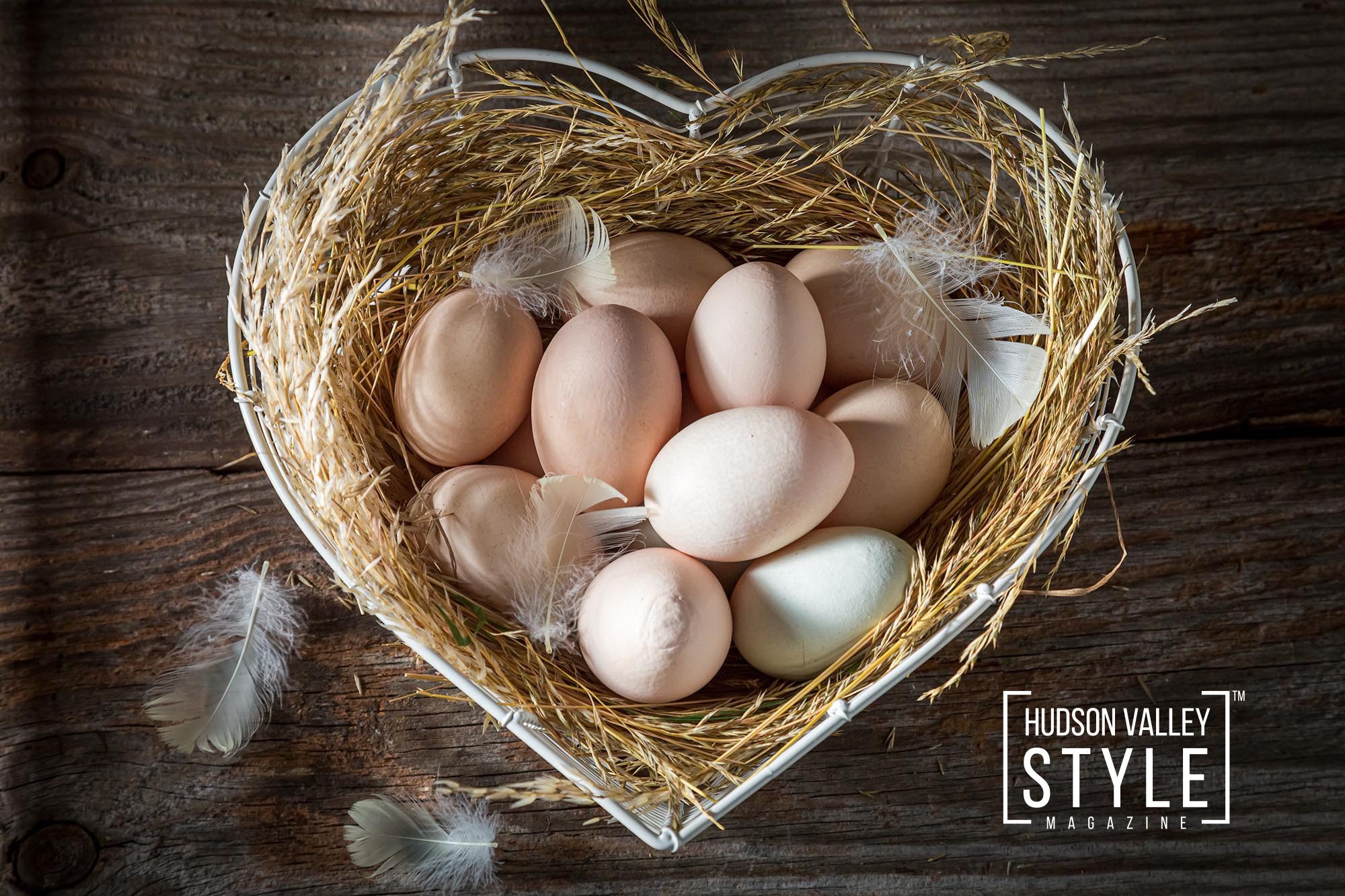
In addition to meeting consumer demand, small-scale farmers and farm tourists are also helping to revitalize the region’s economy. By growing food locally and creating local experiences, they’re keeping money in the community and supporting other local businesses. They’re also creating jobs and helping to preserve the region’s rural character.
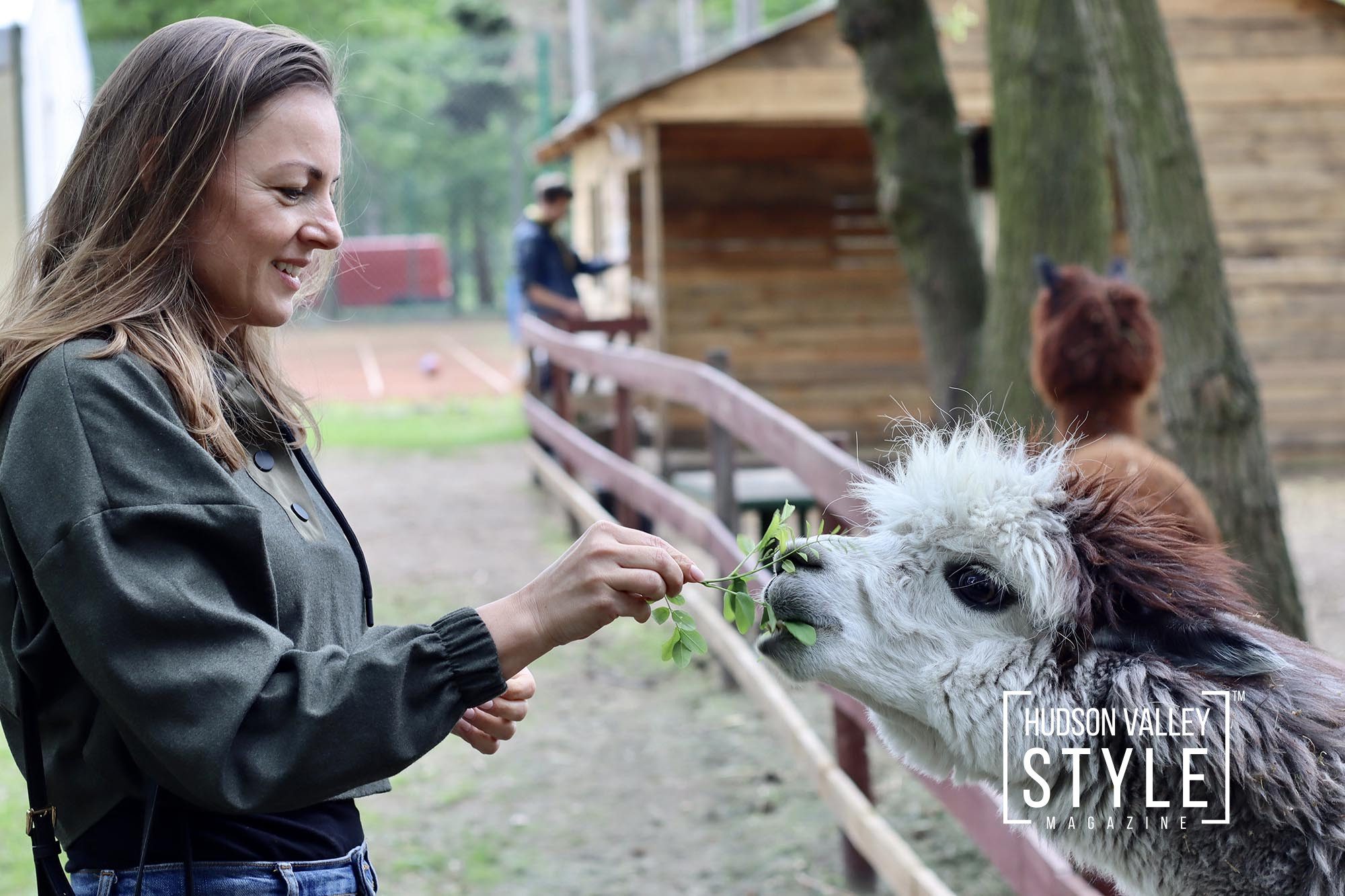 One of the great examples is Clover Brooke Farm – a small-scale farm located in the Hudson Valley that offers visitors a unique and exciting experience: Llama Alpaca Hikes. This farm is a non-traditional experience that you won’t find anywhere else in the Hudson Valley. They have a herd of friendly llamas and alpacas that visitors can hike with, pet, and take selfies with.
One of the great examples is Clover Brooke Farm – a small-scale farm located in the Hudson Valley that offers visitors a unique and exciting experience: Llama Alpaca Hikes. This farm is a non-traditional experience that you won’t find anywhere else in the Hudson Valley. They have a herd of friendly llamas and alpacas that visitors can hike with, pet, and take selfies with.
The farm is run by a family who treats their llamas and alpacas like family, and they are very well-socialized. This makes the experience of hiking with them much more enjoyable and personable. The farm is located in Hyde Park, New York, which is not to be confused with Pawling, which is another location in the Hudson Valley.
At Clover Brooke Farm, visitors can book a slot for a llama/alpaca hike, which is a great way to spend some time outdoors and enjoy the beautiful scenery of the Hudson Valley. Visitors can also learn about the llamas and alpacas, and the farm’s unique approach to raising them. The farm also offers visitors a chance to take pictures with the animals and make memories that will last a lifetime. This is a perfect opportunity to get out of the city and enjoy some time with nature and farm animals.
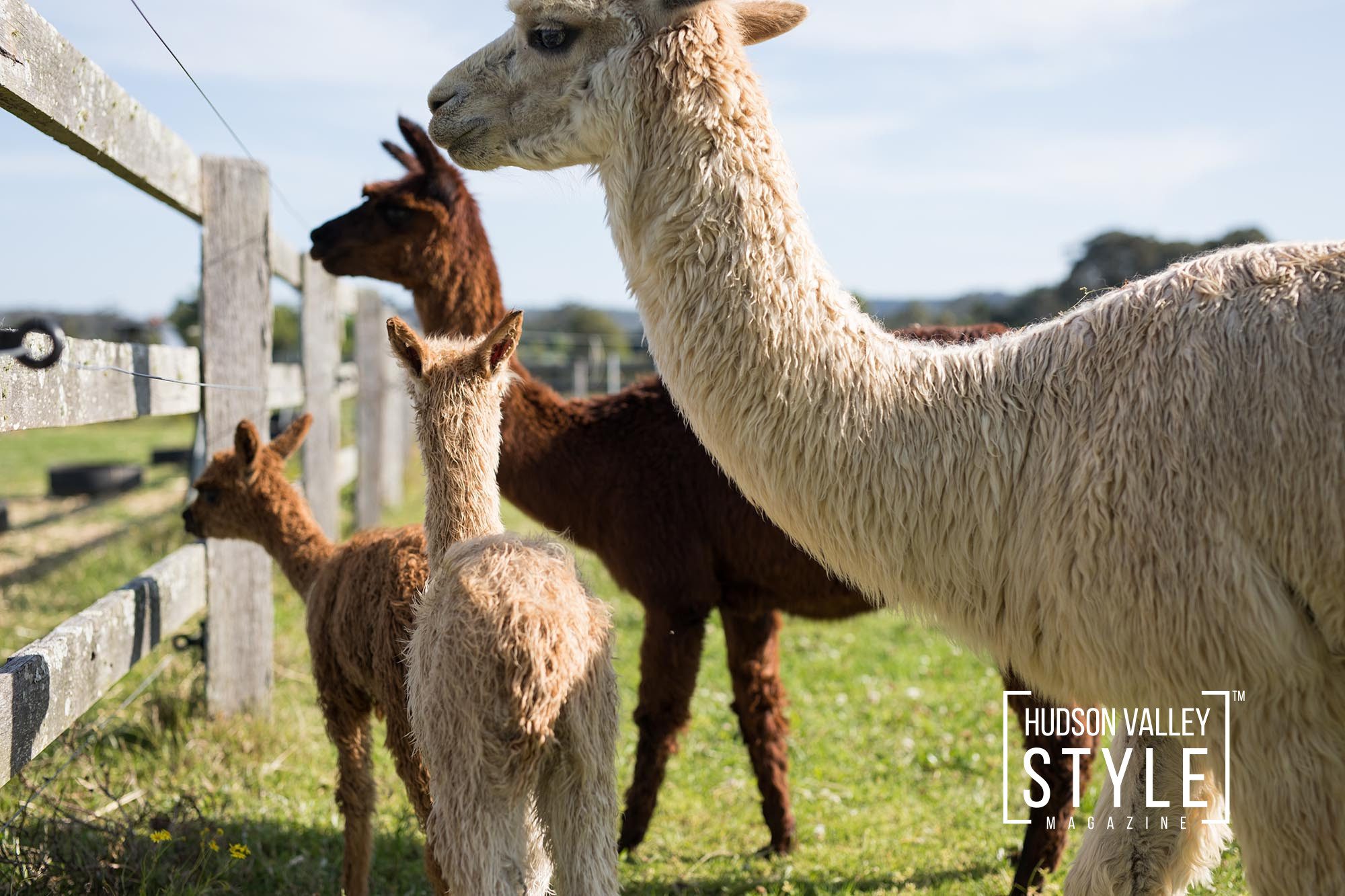
Many small-scale farmers in the Hudson Valley are using regenerative farming practices, which build soil health, increase water retention, and promote biodiversity. They also place a strong emphasis on crop rotation, cover cropping, and other techniques that help to promote a healthy ecosystem. This approach not only helps to create high-quality produce but also helps in protecting the environment.
Community Supported Agriculture (CSA) is an important business model for farms in the Hudson Valley because it allows farms to retain more of the retail dollar, reliably plan seasonal operations and build clientele. At the same time, investing in a CSA share offers consumers a direct connection to food production and local farms. By its very definition, CSA is about building communities around local agriculture.
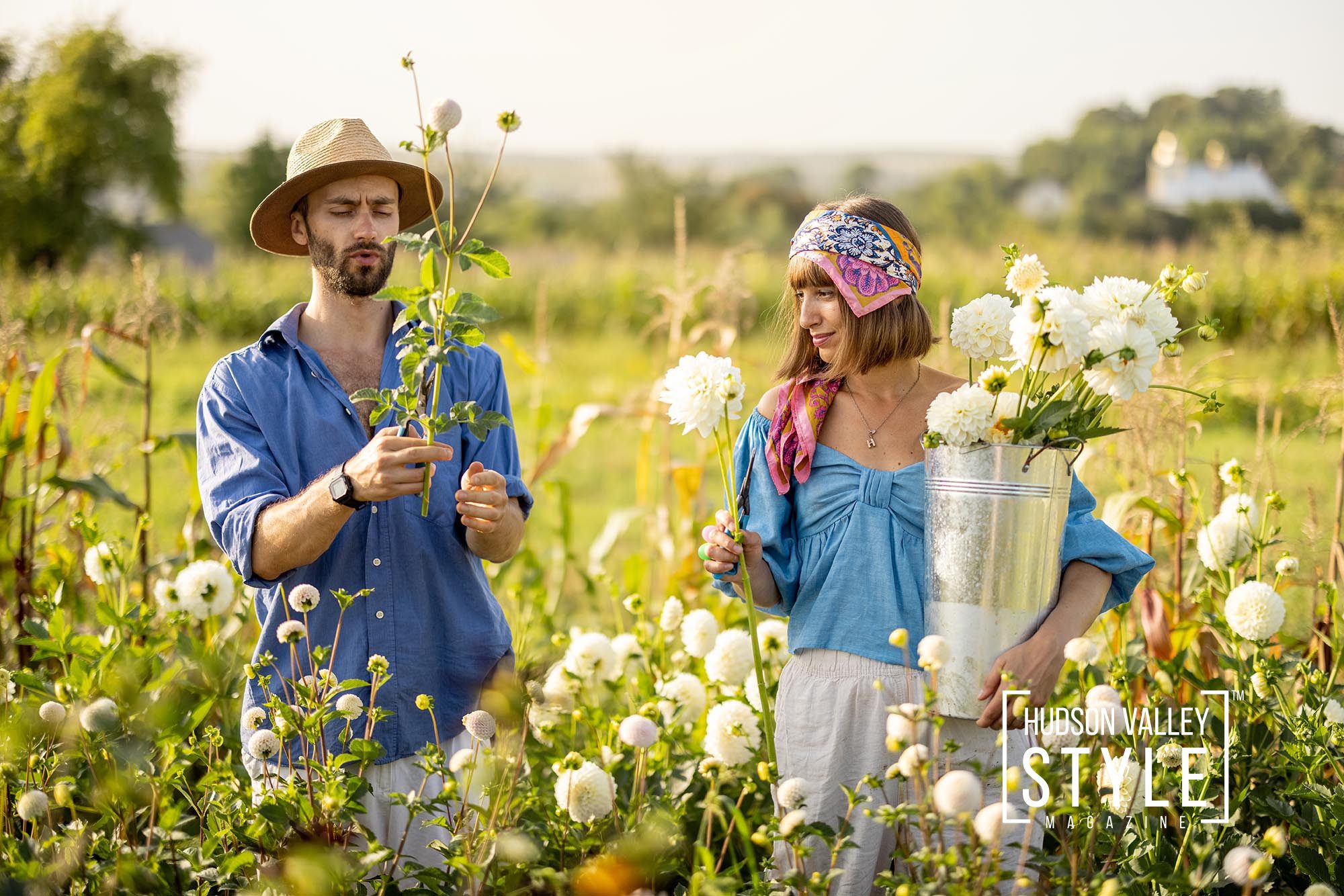
The Hudson Valley CSA Coalition (HVCSAC) is a network facilitated by Glynwood of more than 110 farms, located primarily in 11 New York counties: Albany, Columbia, Dutchess, Greene, Orange, Putnam, Rensselaer, Rockland, Ulster, Washington and Westchester. Owners of small- to mid-size farms are often pressed for time, expertise, or resources to effectively market their shares and expand their customer base, even as their financial viability relies on it. Through a series of strategic initiatives, the Coalition strives to collectively expand and diversify CSA memberships in the Hudson Valley by converting more residents into lifelong shareholders.
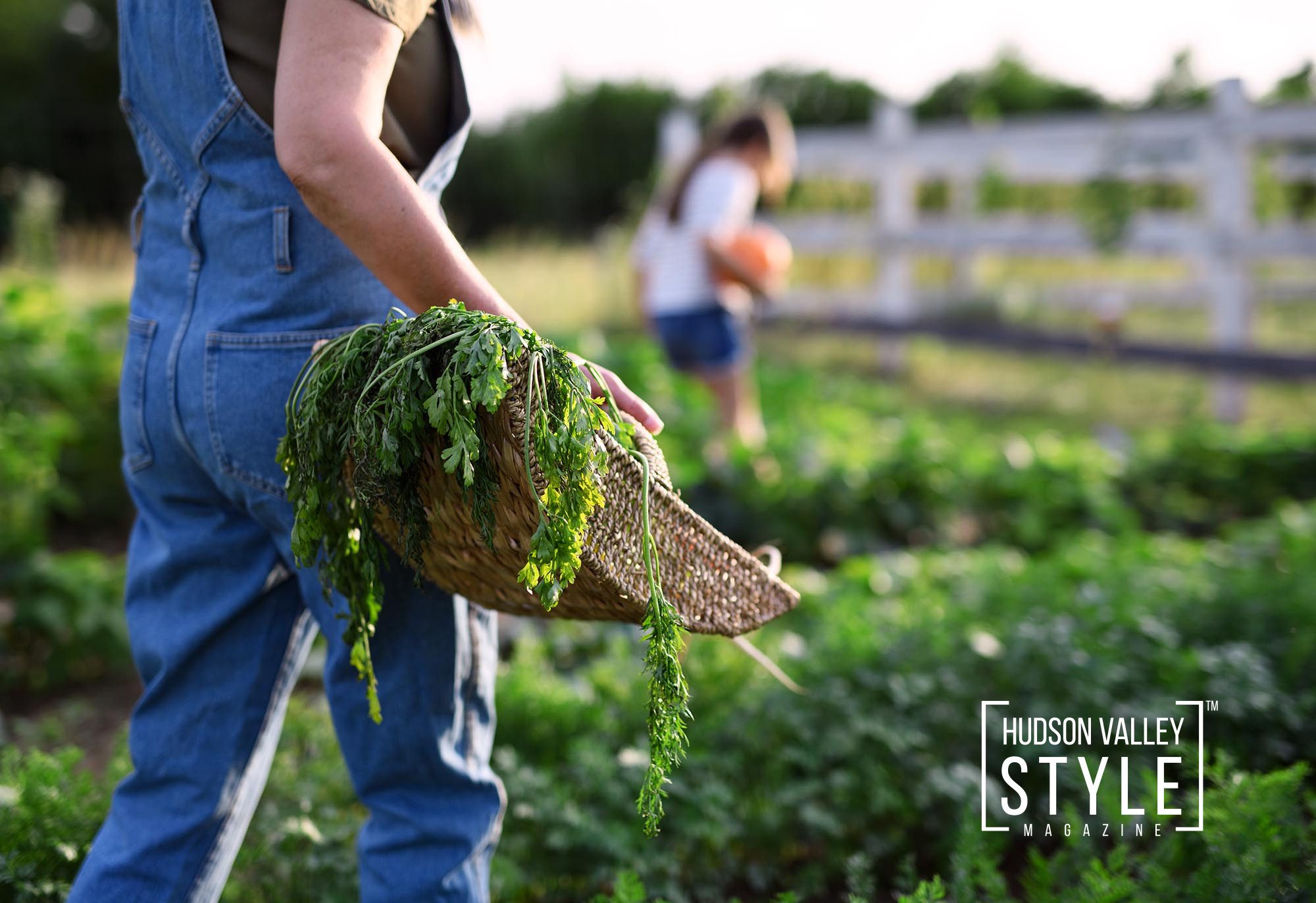
Farmers in the Hudson Valley are also taking new steps to reach out to consumers, such as starting Community Supported Agriculture (CSA) programs and Farmer’s markets, these steps help them to connect with consumers, educate them about sustainable farming practices, and also to sell their produce. The Hudson Valley CSA Coalition is a valuable resource for both farmers and consumers in the region, helping to build communities around local agriculture and support the region’s agricultural heritage.
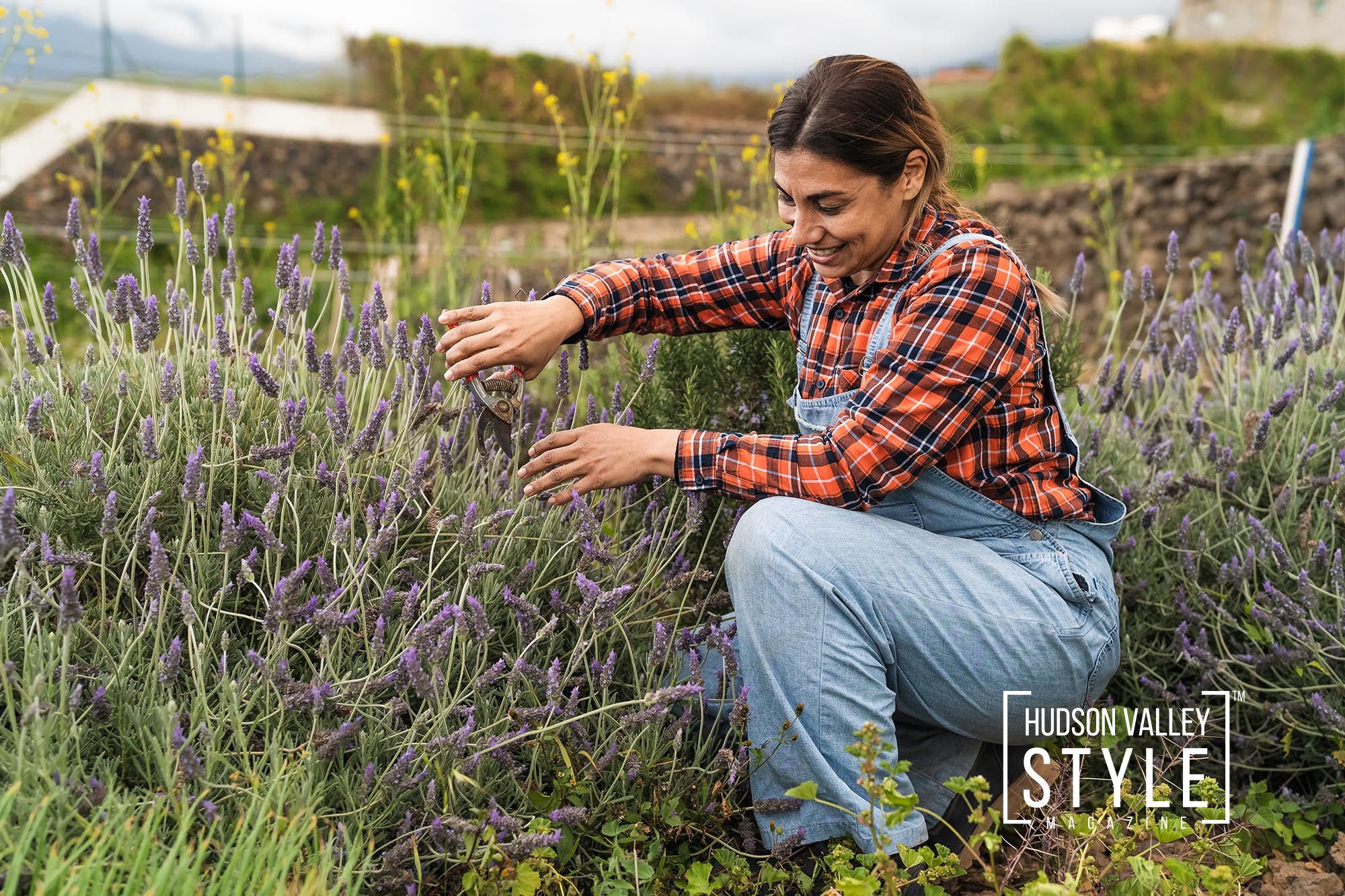
Bear Creek Farm is a small-scale farm located in the Hudson Valley that specializes in growing flowers. They believe in nurturing beauty as an expression of our best selves, and see footholds for anyone interested in flowers, beauty, or personal growth at Bear Creek Farm. They encourage the novice gardener as well as the most expert, and gently remind everyone that “perfect” things are hard-won, sometimes perfect and more accessible in their imperfection.
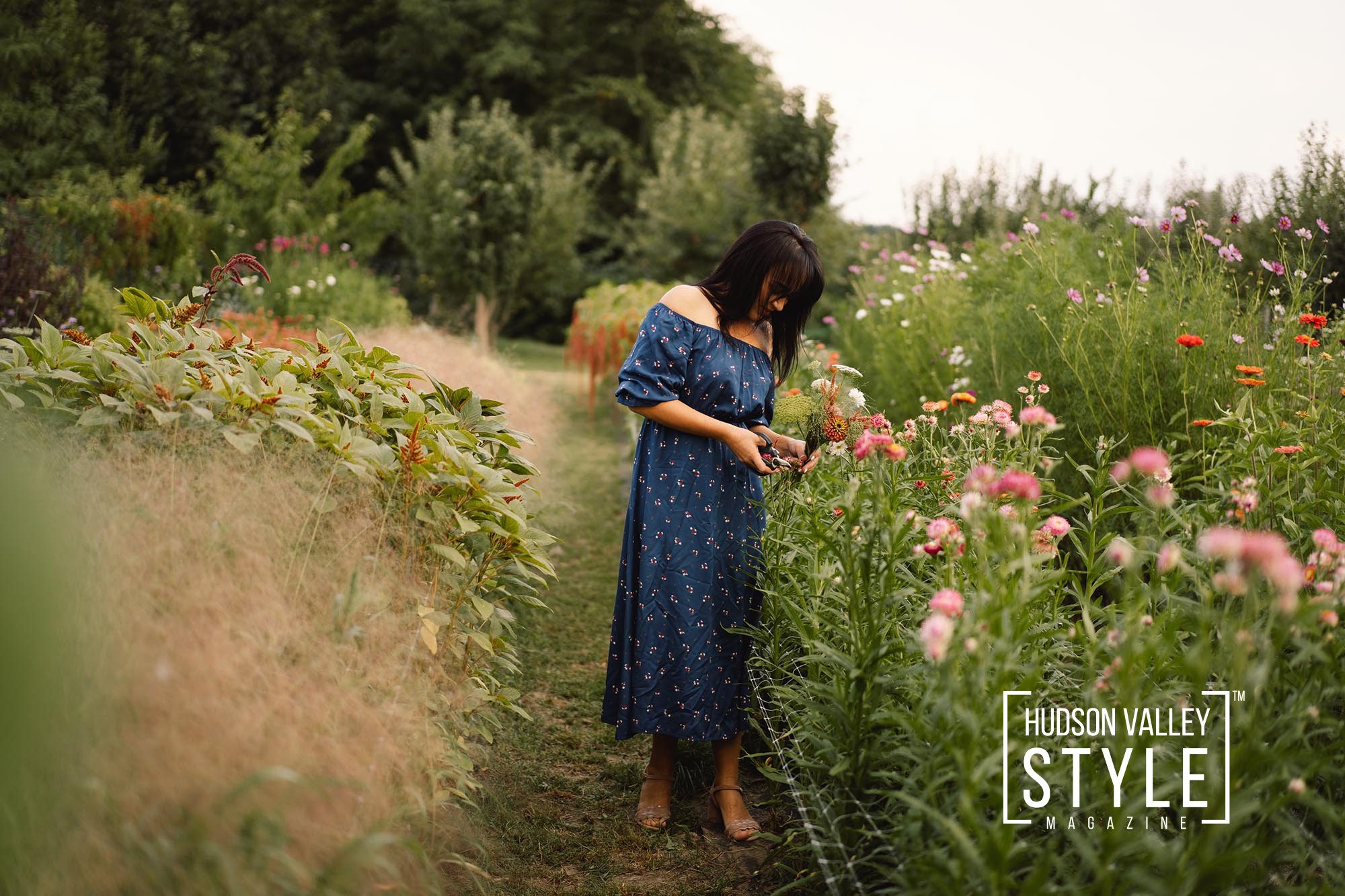
At Bear Creek Farm, they grow a wide variety of flowers such as DAHLIAS, peonies, and anemones. They see flowers as bright spots of beauty in a world that can challenge even the heartiest among us. The soft petal of a dew-kissed flower early in the morning is a reminder that every day is a new experience. A DAHLIA TUBER is a reminder that a thing, carefully tended, springs back from root to beauty. Any SEED set in clean, fertile earth can grow into micro-expressions of unexpected delight.
Bear Creek Farm is a great example of a small-scale farm that is meeting the growing demand for local, sustainable, and beautiful flowers in the Hudson Valley. They use regenerative farming practices to grow their flowers, and they also participate in the Hudson Valley CSA Coalition, which allows them to connect with consumers and sell their flowers directly. They also have a CSA program for flowers, which allows customers to purchase a share of the farm’s flower harvest and receive a bouquet of fresh flowers every week during the growing season.





